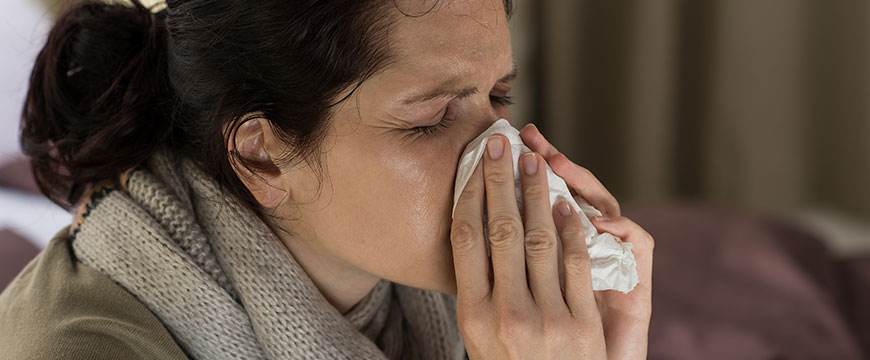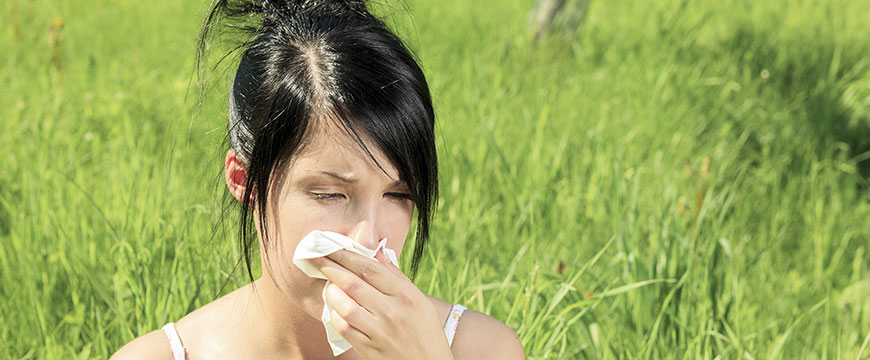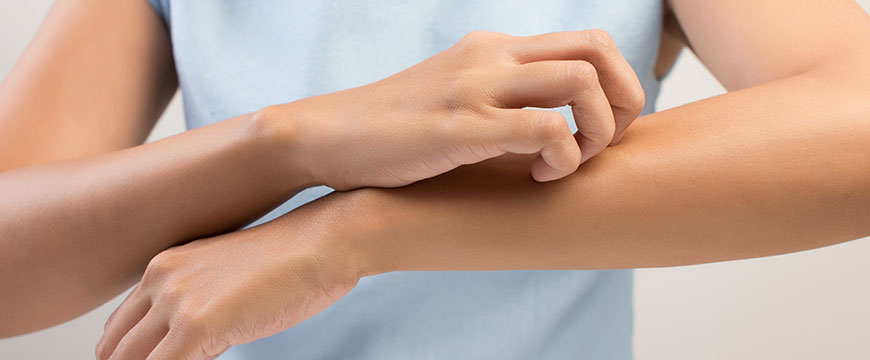Does your child experience watery eyes or a runny nose after going outside, or skin rashes after eating a certain type of food? Your child could be suffering from allergies and you need to visit the allergist Manassas for allergy testing. If you notice of the below signs in your child visit the allergy clinic for allergy testing.
- Cold like symptoms that don’t seem to go away
- Hives and skin rashes
- Asthma
- Watery eyes and difficulty in breathing.
Make sure that you inform the allergist of all the symptoms you see in your child. It’s also essential to tell the allergist about allergy history in the family.
Allergy testing methods
- Skin testing
Don’t wait for long before you go to the allergy clinic and consult. Make sure that the allergy doctor carries out an allergy test. There are two types of skin allergy test. The percutaneous in which the best allergist will prick the skin and introduce the allergens. The intradermal skin test is where the allergy specialist will use a needle to inject the allergens to the skin. The allergist will observe the reaction and from there determine what is affecting your child.
During the skin allergy testing, there is a risk of an allergic reaction due to the introduction of allergens in the body
- Blood test
The allergist will draw blood from the child and test for allergies. With the blood test, there is no risk of an allergic reaction. Blood test help detect food allergies, and they can get the degree of the allergy.
- Elimination method
If the allergy you are trying to manage is not due to nuts and shellfish, you can try the elimination method to know the allergen. Allergen from nuts and fish may be fatal and it’s best to have that tested at the allergy clinic.
Reason to test children for allergies
It’s important to test the child for allergies if they have symptoms that are triggered by food, dust, pollen or any other allergen. You need to test for allergies to ascertain the exact cause of the allergies. Below are conditions that require allergy testing
- Inflamed nasal passage
If your child experiences recurrent colds and running nose, its best to test for allergies. Testing for allergies will guide you on the allergens you should avoid.
- Asthma
You need to establish what triggers allergic asthma in your child. Avoiding the triggers will aid in the management of asthma.
- Reaction to food
It’s important to ascertain the exact food that is causing your child to have allergies. Food allergies can lead to anaphylaxis and its therefore essential to ensure that you know the cause of the allergic reaction immediately.
- Skin rashes and eczema
If your child has rashes that are triggered by an allergen you need to take the child for allergy testing. A bad case of eczema is an indication of an allergy, and it’s best to know what triggers it.
Testing for allergies will ensure that;
- Your child condition doesn’t deteriorate
- The child is able to live life normally
- You are able to come up with home remedies to manage asthma and other life-threatening conditions
- It’s cost-effective. You can avoid some medical situations if you understand what is affecting your child.
Managing your child’s allergy
Once you determine the cause of the allergy it’s crucial that you follow the instructions given by the allergy doctor. Below some tips to help manage the allergies;
- Keep the pets away from the living and bedroom areas. Keep the pet clean. Anytime the child handles the petty ensure there is a change of clothes.
- Wash the bedding often in hot water.
- Avoid foods that will aggravate the allergies. Make sure that you confirm the ingredient in the food and ensure there are no allergens
- If you are traveling pack food
- When pollen levels are high remain indoors and get games, the child can play indoors.
- Follow the prescription given by the allergy doctor. Also, follow the guideline on how to avoid allergens.
- Explain to the child his allergy predicament and train them on how to avoid allergens. Make sure that the caregivers understand and know what to do in case of severe allergic reactions. Inform the teachers and any other person about the allergies.
It’s important to understand the allergies that affect you, child, because that will aid in the management of the allergy. Take your child to the best allergist and get the allergy test done. Once you understand the cause of the allergies come up with a plan on how to avoid the allergen. Consult the allergy physician on home remedies you can use to minimize the allergy effects.






